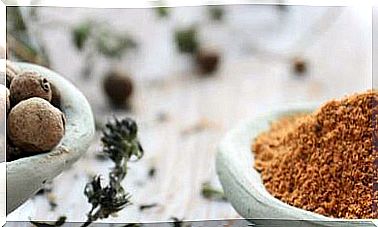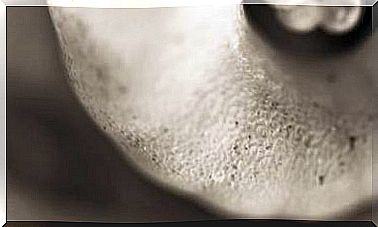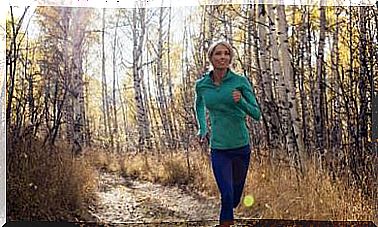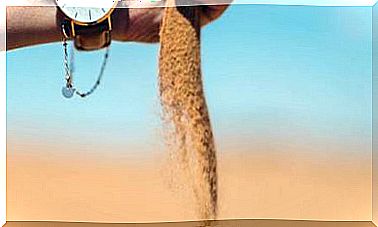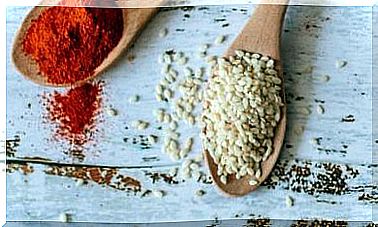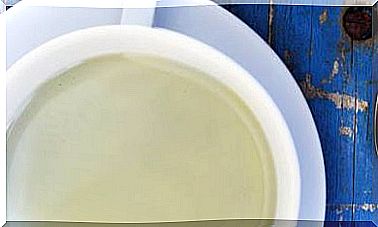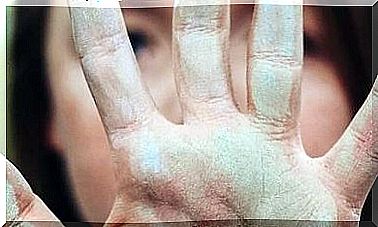Primal Wound: 4 Keys To Heal It
When a baby is separated from its mother, a very deep damage occurs that adoptive parents must know how to repair with generosity, respect and much love
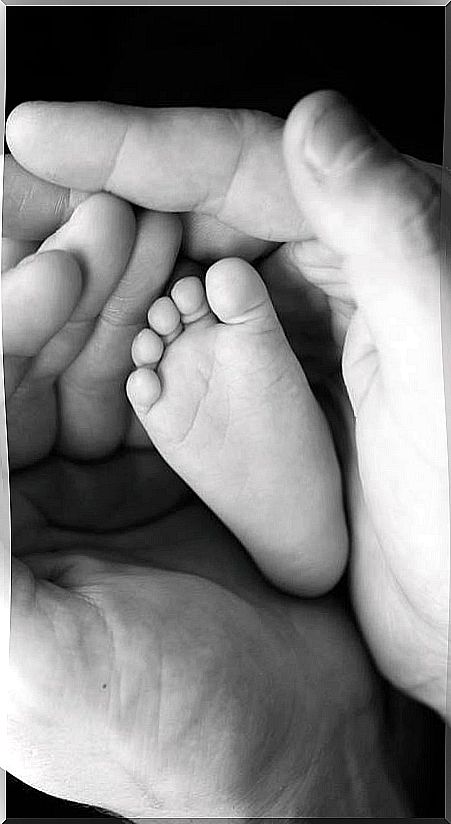
One of the harshest effects of the adoption process is the damage caused to the baby when it is separated from its mother. Sometimes this wound is aggravated by a pregnancy in which the mother has suffered great amounts of stress or has even been exposed to risk situations for her baby (such as alcohol or drug use, for example).
From the separation from his mother, and as the child grows up without an attachment figure to care for and love him, the primal wound grows deeper and deeper and its consequences increase.
How to heal the primal wound
The first two years of life are fundamental in development. But a conscious and loving parenting, exercised by parents prepared intellectually and emotionally to face the challenge posed by the backpack that their new child carries, can heal the deepest primal wound.
1. Recognize the primal wound
The natural habitat of the human baby is its mother’s breast. Our mammalian and primate nature determines this. Taking it out of there causes harm, even in adopted babies as soon as they are born.
Some argue that the primal wound is not “scientifically proven”, but there are strong indications of its existence, such as studies that demonstrate the physiological stability of the baby on the body of its mother or its ability to recognize it from the first moment after birth.
To this day science has cared little to study the mother / baby dyad as a single entity, limiting itself to studying each one separately. But this is changing, and in the future it is very likely that the new approach will bring us important surprises that will force us to respect more the continuum between the two.
2. Give the baby “a breast to live in”
Once the continuum with its mother is broken , the baby or child will desperately search for a new mother figure to take its place. Giving it to him without conditioning and fully is healthy and healing. Thus, the foster mother’s chest, lap and arms become the new welcoming habitat where she will recover from her injuries and can develop.
The exercise of a corporal, loving and respectful upbringing, with breastfeeding (with or without milk in the mother’s breast), night co-sleeping, porting, etc., will be a solid base on which to settle any subsequent intervention due to the needs minor’s specials.
On the contrary, authoritarian, adult-centered upbringing, based on the roughest behaviorism, capable of using sleep training methods alone based on letting cry, for example, that some professionals even recommend for children adopted from their informative works do not specialized in adoption, it is absolutely counterproductive.
3. Recognize and assume reality naturally
This entails not ignoring the origin of our son. There was a time when it was considered acceptable not to reveal to an adopted child his reality, making him believe that he biologically belonged to the adoptive family. Today this is inadmissible, and the right of all adoptees to know their biological identity is recognized by law.
But even if the parents tell the truth to the child, in the day-to-day lives and acts as if adoption were not a present reality.
I have known, for example, parents who, when asked by the doctor about the family history of some disease, answered with theirs, as if their son shared them. And this in front of the son himself. If we deny and ignore the origins of our child or even despise them, we are denying and despising a very important part of him.
4. Respect your child’s feelings
That an adoptee has feelings, both positive and negative, towards his biological parents (whether he has known them or not) is absolutely natural, and that he can express them without pressure or conditioning is healthy and beneficial.
That the adoptive family takes badly or is uncomfortable at the mention by the child of his biological mother, or that he sees the search for his origins as a betrayal, is something childish, unfair and painful for the adoptee.
One of the samples of love that I find most beautiful on the part of adoptive parents is that they get involved and help their adult children in their search for origins, without feeling threatened or questioned in their parenthood.
And it is that when a secure attachment bond based on love, respect and mutual trust has been established , there is no room for contempt, insecurity or fear.
